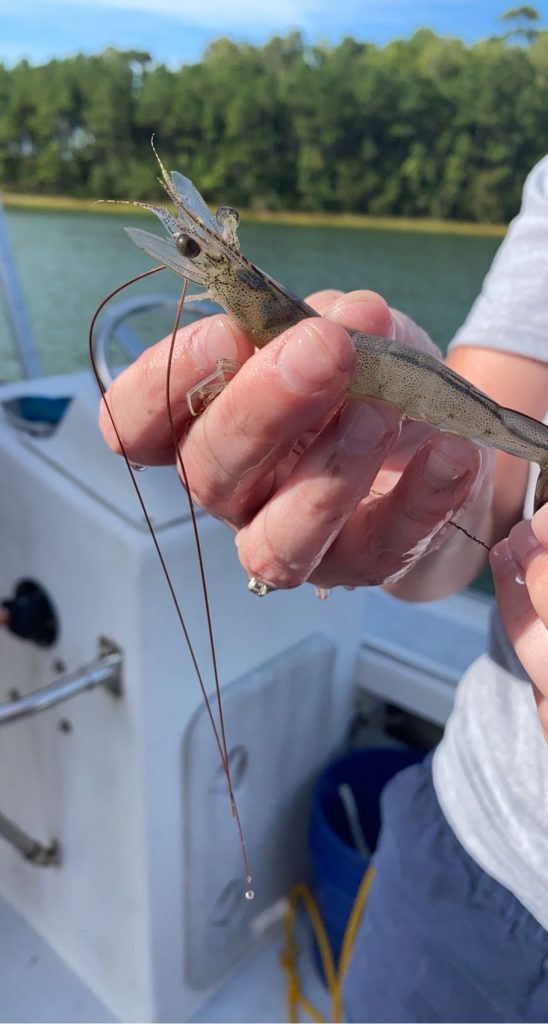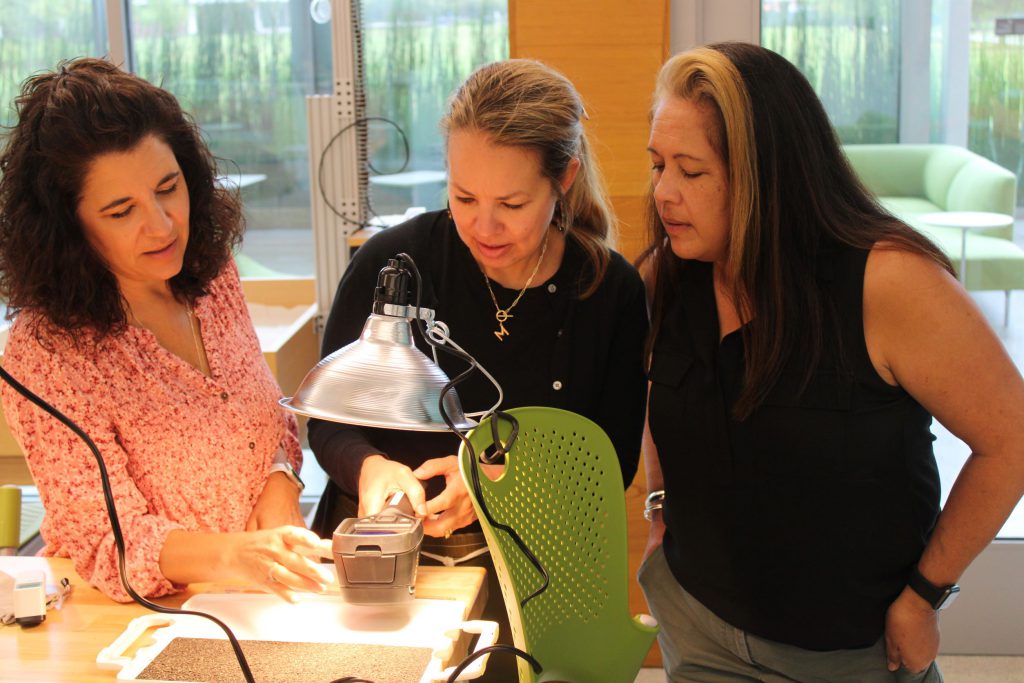Virginia Wesleyan University received the National Science Foundation (NSF) Robert Noyce Teacher Scholarship Program (Noyce) within the last month. The University was awarded $1.16 million to be distributed over the course of a five-year period. The award seeks to encourage talented science, technology, engineering and mathematics (STEM) students to pursue a career in K-12 education. The proposed project is entitled “Transforming Effective Educators of Mathematics and Science in Southeast Virginia.”
The grant has the possibility of positively affecting a number of students, both at VWU and in the public school system. Dr. Clair Berube, assistant professor of Education, said, “We hope to graduate 15 Noyce scholars by the end of the grant, who will be secondary biology, math, chemistry and earth and environmental science teachers. The award will pay their tuition and administrative fees here for the last three years of their matriculation at VWU. For each year of funding, they will promise to teach in a high-needs school district for two years. So not only will this grant impact VWU students, it will impact local school children who will be getting highly qualified and dedicated STEM teachers.” She is responsible for submitting the initial grant proposal and will manage the funds for the longevity of the program.
The Noyce award promotes innovative proposals that address the critical needs for recruiting and retaining highly effective elementary and secondary mathematics and science teachers in high-need school districts. The program highlights four tracks of funding: scholarships and stipends, teaching fellowships, master teaching fellowships and The Noyce Research Track.
In collaboration with American Association for the Advancement of Science (AAAS), the nonprofit works with Noyce awardees to identify and distribute information about effective practices and strategies for attracting, selecting, and preparing new elementary and secondary education STEM teachers. A significant challenge is retaining educators in the STEM teacher workforce and not losing them to industry.
The Noyce NSF fund distributes $67 million annually for new and continuing Noyce awards. VWU joins the ranks of 10 other colleges in the Commonwealth who receive Noyce funding.
Berube detailed the proposal as, “We made a good case that with our facilities and talented students, we should get the grant in order to make possible free schooling for those VWU students who want to dedicate themselves to STEM teaching. We had to send in a proposed budget, narrative, and explanations of how we would operationalize the grant. The grant was funded for $1.16 million, which is a lot of money!” After the completion of this Noyce award, VWU will be eligible to re-apply for new Noyce program funding.
In an interview with Dr. Berube, she said, ”Students who are interested in teaching STEM subjects and who are planning on going into our MAED program will apply for the grant, and if accepted by the department, the grant will pay for the junior, senior and graduate year of their time here at VWU in the MAED program.”
When asked if the funding will change any of the math and science education departments, Berube stated, “The content majors and the department of education will not be changed, but enhanced and made better by the grant funding. Opportunities for workshops, experiences and internships will bring new ideas and possibilities to our programs. There are also opportunities for material gains like equipment and material to be used by the Noyce scholars and housed in STEM and Education departments.”
The education department is ecstatic to have received such an esteemed award and high amount of funding. Berube reinforced this by stating, “We were thrilled. We tried for it in 2020 but did not get it. NSF did give us very good reviews and urged us to try again, which we did in 2021 and were told we had been awarded this past February, 2022.”
Berube ended by saying, “In addition to helping talented STEM education students become teachers, we, the faculty, hope to write papers to get published and to make presentations on our good and exciting work concerning this Noyce STEM teacher scholarship grant. We hope to help local school districts to raise the quality of STEM teachers in their schools when our graduates get hired. And, we hope to have a positive impact on the local area in general through the work of this grant.”
By Jack Palmer
jrpalmer@vwu.edu


